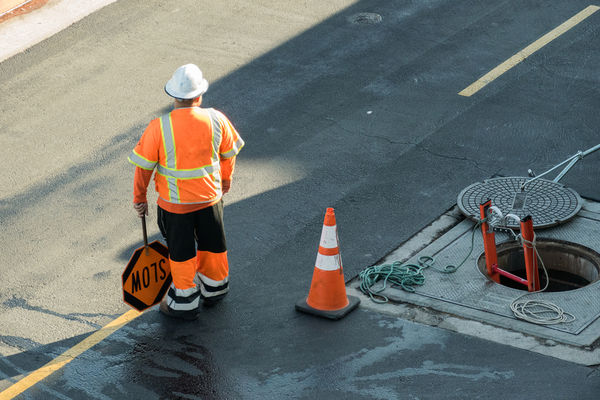‘Still constant accidents with impaired drivers or people driving too fast in work zones,’ minister says

“Those work zones are someone’s workplace and they should feel safe, just like any other workplace,” said Joe Hargrave, the minister responsible for Saskatchewan Government Insurance. “You want to feel safe when you’re at work.”
When passing a highway worker, flag person or highway equipment with warning lights flashing, drivers are required to slow to 60 kilometres per hour or the posted speed limit. However, 138 drivers throughout Saskatchewan did not follow that rule. Officers issued 104 tickets for exceeding 60 km/h when passing highway workers or occupied highway equipment within a work zone; 32 tickets for exceeding 60 km/h when passing a highway worker or flag person; one ticket for exceeding 60 km/h when passing occupied highway equipment; and one ticket for exceeding 60 km/h when passing highway equipment with warning lights in operation.
“Motorists can’t necessarily see all the workers, and somebody might be behind a vehicle or behind a piece of equipment, so your reaction time is so crucial,” Hargrave said. “The faster you’re going, the longer it takes you to stop. I don’t think it’s too much to ask for people to slow down when they are in a work zone. Sixty kilometres is plenty fast.”
Police also reported one ticket to a driver for failing to obey the direction of a flag person or peace officer.
WORK ZONE INJURIES, FATALITIES
If the public is not obeying “slow down” rules, it can have grave consequences on construction workers and flag persons, including serious injuries and fatalities. In December 2015, Keith Dunford was sentenced to two years in jail for the death of flag person Ashley Richards. He was found guilty of dangerous driving when he hit Richards who was working in a construction zone near Midale, Sask. It was her first day working on the highway and just a couple of hours into her shift when she was struck and killed.
“There has been far too many workers killed in work zones over the years and there’s still accidents, still constant accidents with impaired drivers or people driving too fast in work zones,” Hargrave said. “They might not go home to their loved ones that night. That’s my biggest fear.”
Hargrave is encouraging motorists to try and put themselves in the shoes of the road workers while on the road.
“Just think about, ‘What if that was me out there?’” he suggests. “I have been out on the highway when people go speeding by and it’s pretty scary.”





